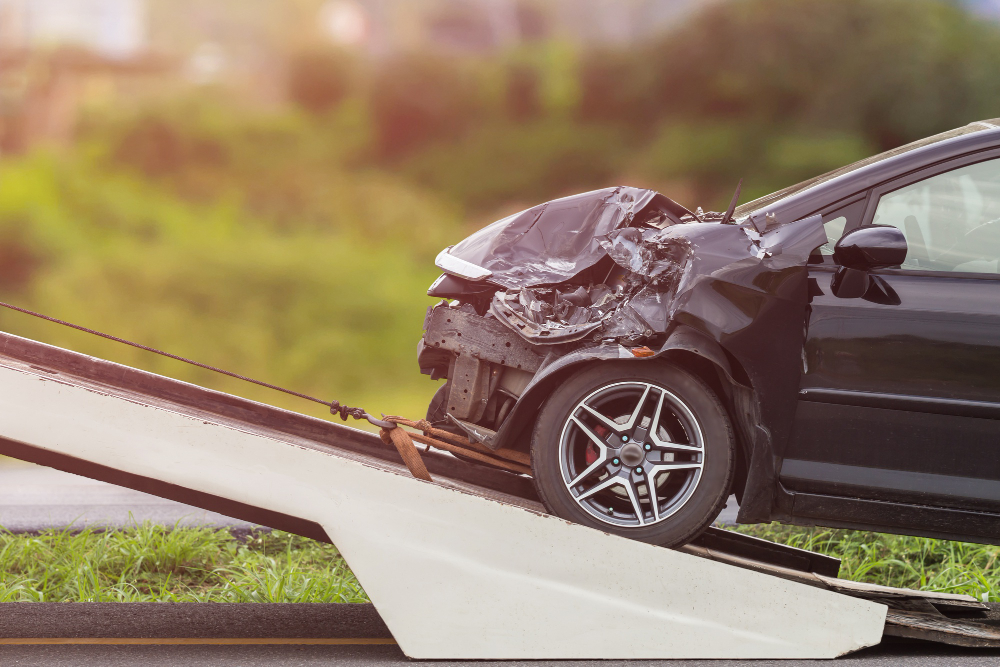Have you recently been in a car accident and suffered from a concussion?
In this post, we will discuss the seriousness of concussions, common symptoms and what you should do next. Remember, concussions are a serious injury and should be treated with the respect and caution they deserve.
Concussions are a prevalent type of head injury that affect numerous individuals throughout the United States each year. Referred to as a mild traumatic brain injury, concussions often occur as a result of impacts to the head or body, causing the brain to move within the skull and disrupting normal brain function.
Although commonly associated with sports-related incidents, concussions may also occur as a result of incidents such as car accidents, slip and falls, falling objects, or assaults. The severity of the injury and its long-term effects can range from mild discomfort to severe and prolonged health problems, depending on the extent of the injury and quality of care received.
Common Symptoms of a Concussion:
Concussions can have both short-term and long-term symptoms. Short-term symptoms include loss of consciousness, memory loss, and blurred vision. While these symptoms may fade with time for some, others are not as fortunate and may develop additional problems over time.
These problems include persistent memory loss, difficulty concentrating, nausea and fatigue, confusion, hypersensitivity to light, increased irritation and aggression, post-concussive syndrome, and an increased risk for cumulative concussion syndrome.
What should you do if you have signs of concussion after a car accident?
If you have suffered a concussion after a car accident, here are some crucial next steps you should consider taking quickly:
First and foremost, examine yourself immediately and seek medical attention as soon as possible. Obtaining proper diagnostic testing and medical care early on is essential for the best chances of a good functional recovery, ruling out potentially severe and permanent damage, and starting on the road to full recovery.
Make sure to receive a referral for the most appropriate diagnostic imaging to detect and diagnose any damage related to the concussion.
Document all relevant information, including medical paperwork, insurance claims, and any other related documents. Keeping your information organized and up-to-date can help avoid any future problems with insurance companies and assist your lawyer in obtaining a full and fair legal settlement for your accident.
If the injury is severe, do not delay seeking treatment, as it can result in long-term agony and disability. It is best to speak with an experienced attorney who specializes in car accident cases to help you understand your legal options and seek the compensation you deserve.
Inform your auto insurance company about your concussion after a car accident.
Avoid signing any settlements, releases, or waivers presented to you by your auto insurance company, the at-fault driver’s auto insurer, or any other insurance companies or persons until you have consulted with an experienced attorney who is looking out for your interests.
Can you sue the other party for a concussion after a car accident?
Yes you certainly can. If your auto insurance company denies payment for or terminates your No-Fault benefits after a car accident resulting in a concussion and ongoing symptoms, you have the option to pursue legal action to recover unpaid benefits.
If you have sustained injuries in a car accident caused by another driver, you may be entitled to seek compensation for pain and suffering. This type of compensation can help cover medical costs, lost income, and other damages related to your injuries. It’s highly recommended to speak with a trusted personal injury attorney to discuss all the options available for your potential case.




